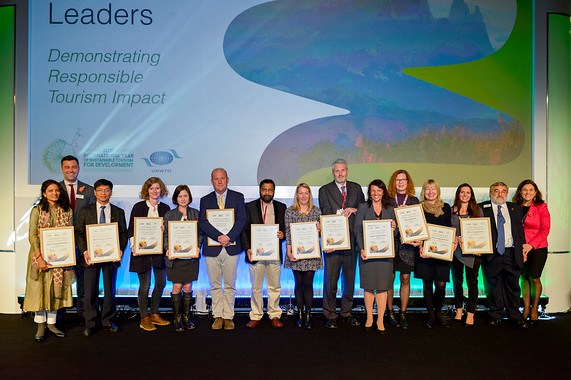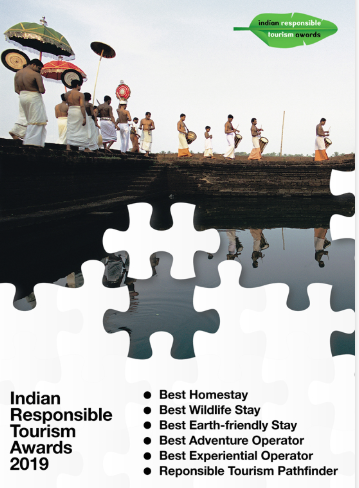Jost Krippendorf is the father of Responsible Tourism. In his seminal work on Holiday Makers, published in 1987, he foresaw the growth of the new form of tourism which had a focus on self-realisation and the pursuit of experiences. Krippendorf called for “rebellious tourists and rebellious locals.”
Rebellious tourists are pursuing self-realisation through their purchasing, demanding better and deeper experiences and seeking to travel like a local – or at least the convenience and price competitiveness of the disintermediated products for transport and accommodation. Few of these products can fairly be described as the sharing economy, there are more examples of the shared economy in the activities which are offered by charities like SockMob in London, Unseen Tours, or individuals offered on sites like Viator.
Rebellious locals are taking to the streets in places like Venice, Barcelona and the Balearics as local authorities struggle to regulate the growth in tourism and the disintermediate forms of it. On the beaches of Cornwall this year there has been far too much sharing of the beaches, with locals competing with tourists for access to the sea. The local tourist board said it stopped promoting the two Poldark beaches in brochures and campaigns due to overcrowding. Most tourism boards are in denial and there has been little coverage in the trade press – but in the mainstream and local press the issues arising from overtourism are regularly making headlines. The issue is not going to go away. At WTM London, we’ll be focussing on the solutions in cities and Barcelona will be sharing its experience.
In the Responsible Tourism Awards each year we see many examples of destinations and companies identifying the problems in the destinations they use, and doing something about the issues. The Responsible Tourism Awards require them to describe the issues, and to detail what they have done about them and the impacts their efforts have had.

This year’s World Responsible Tourism Awards are now closed and the judging has commenced. We have received a strong set of entries reflecting the progress being made around the world as more businesses and destinations take responsibility for making tourism better. This year there is a category on Coping with Success, a more palatable way of addressing the challenge of overtourism. We have received a small number of strong entries. The weakest category is the one on employment conditions – the industry remains very poor at communicating the quality of employment in large parts of the industry, the low barriers to entry and opportunities for progression. The Awards will be presented at WTM London on World Responsible Tourism Day on November 7th and the winners interviewed on stage.
The family of Responsible Tourism Awards, now licensed by WTM London, includes the India Awards run by Outlook India – they are still open for applications – they close on August 31st.

The African Responsible Tourism Awards will be presented at WTM Africa in April.
The categories for the 2019 African Responsible Tourism Awards are:
- Best for Resource Management in Water or Waste
- Best Sustainable Event
- Best for Habitat and/or Species Conservation
- Best for Community Benefit
- Best Responsible Experience in Culture or Heritage
- Best Responsible Attraction
- Best Use of Information and Communication Technology (ICT) for Responsible Tourism
- Best for Global Goals Reporting
Register to receive a notification when they open.
Always remember that the judges can only select from amongst those that apply.



Homestays in India, especially in Kerala, are the best examples of Responsible tourism practice as they shares with the discerning tourist a slice of the local culture and get into direct contact with the locals. Most of the households are run by the woman if the home and it ultimately enhances the vision of the giver and receiver. With very limited resources the local are benefitted in adding to their revenue and the visitor gains substantial savings in their travel expenditure with added satisfaction of having come into contact with various factions of the country he is visiting!
nice..